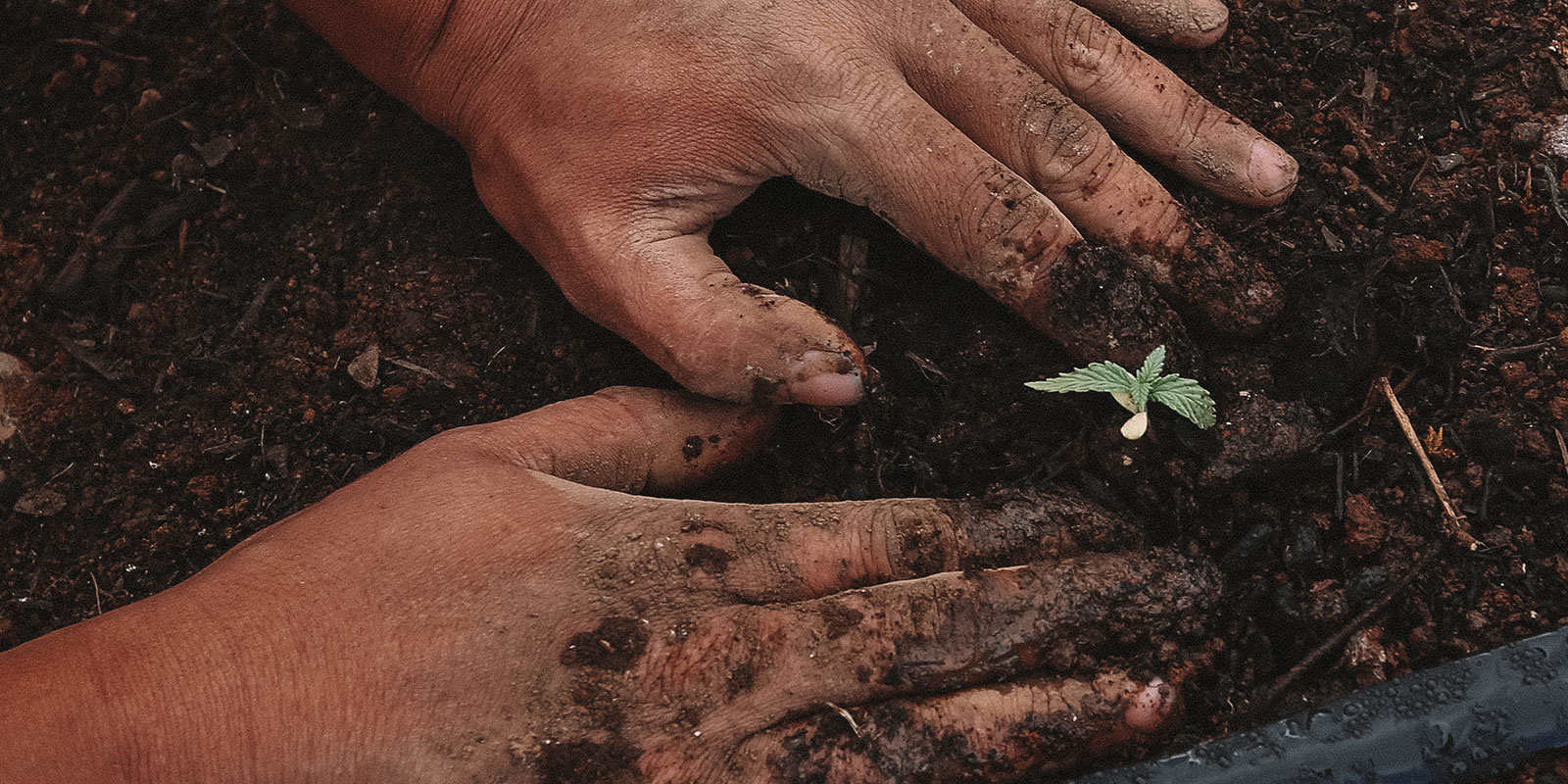
The whole world knows that CBD is a booming business to be part of.
Over the past few years, the industry has grown at an absolutely astonishing rate. The Cannabis Trade Association revealed exclusively to HBW Insight that Europe’s CBD market currently is worth around £480m. The UK commands the biggest share at around £110m. Globally, the legal and illegal cannabis market stands at around €136bn and was predicted in 2020 to reach €150bn by 2025, if not more.
So, if you’re wanting a slice of that big ol’ cannabis pie, you’re one smart cookie! However, it’s not all plain sailing. Far from it in fact. Thanks to the ever-changing rules and the extremely tight regulations, there are many, many things to take into consideration when opening a CBD shop in the UK.
But we’re here to help.
The CBD market in the UK
Research published by the UKs largest CBD marketplace, Alphagreen.io, revealed that over 8 million Brits are spending more than ever on CBD products, with revenue exceeding £150m in the first 4 months of 2020.
In the survey of 5,000 British adults, 42% bought CBD or pain relief/management, 21% for insomnia, and 19% for anxiety. The study also showed that 38% of purchasers were taking CBD products alongside conventional medicines. Furthermore, 53% of purchasers made their first purchase in the last 12 months – during the COVID pandemic.
There’s clearly an enormous call for high quality CBD products, but entering into this industry is not something to be taken lightly. Almost everything about setting up shop is different to the norm.
Cannabis Regulations to be aware of
Whereas with any other product, you might bring in the customers by touting its many benefits or using paid advertising, that’s not possible with CBD. Here’s why:
- You cannot make any medical claims about CBD or cannabis
Despite there being over 41,000 studies into the therapeutic potential of cannabis, and millions of CBD users all over the world singing this product’s praises for a multitude of issues, CBD brands are not allowed to talk about it.
Licenses have not been granted to use and sell CBD oil as a medicine, so it is rule number one that it is not sold as such. There are strict guidelines provided by the MHRA (Medicines and Healthcare products Regulatory Agency) that explain what you can and can’t say. They must be adhered to or else you risk being shut down.
2. Advertising opportunities are limited
The best advertising platforms are Google, Facebook and Instagram, but unfortunately all of these treat any mention of CBD (and hemp and cannabis) as illegal. Even though CBD and hemp are not.
This immediately throws a pretty massive spanner in the works, particularly for small businesses coming into a market full of big players. But, if you are dedicated to getting your brand out into the world, there are ways around it.
First of all, if you’re selling a CBD topical you may have more luck with getting those ads approved thanks to a change that was made in 2019. Also, if you focus solely on ‘hemp’ keywords and ditch any reference to CBD altogether, it may get a pass if your website the ad is linking to is filled with hemp references only. Not ideal, but perhaps better than nothing!
3. THC is not the only illegal cannabinoid
Hopefully the day will come sooner rather than later when we can all enjoy and promote every single cannabinoid, but until laws are changed in the U.K, it is vital that you know about the controlled substances your CBD oil can’t contain. These include:
- THC
- THCV
- CBN
These are all ‘controlled substances’ as stated by the Home Office. The maximum legal limit of any of these compounds is up to 0.3% per product.
Infrastructure can present problems
Finding the right partners to work with when creating your CBD products is extremely important on many levels. First and foremost, it’s this that will determine whether or not your product is any good! Growing methods must be organic (no exceptions!) and you’ll need to decide whether you’re going to CBD isolate, broad spectrum or full spectrum and check out the plants lab reports to see what they contain. Each cannabinoid offers something different, so do your research.
Once you’ve found a farm you want to work with, you’ll need to consider how easy (or hard) it’s going to be to get your product into the UK. And beyond that, which banks, payment platforms and even email accounts you can work with who accept CBD businesses – because many of them don’t.
How to introduce your customers to CBD
Although CBD products have gained huge amounts of publicity and interest from the general public is sky-high, it’s still worth being aware that many new customers are nervous to try it.
This is largely due to the fact that we have all been misinformed about cannabis over the past 100 years, and that’s going to take some time to undo. As someone entering the CBD industry you should know that it is now part of your job to re-educate the world as best you can, and de-stigmatise cannabinoids – while sticking to the rules of course!
If you’re setting up a bricks and mortar CBD shop, we suggest serving CBD infused coffee to customers, which gets them acquainted with the product in a familiar way and presents an opportunity to chat! There’s no better way to get to know your cliental, and introduce them to CBD, than by opening up a friendly, informal conversation.
We want to help support the CBD industry, so we’re always happy to help others who want to get involved. Got any questions? Feel free to contact us, here at Pot Head Coffee.
